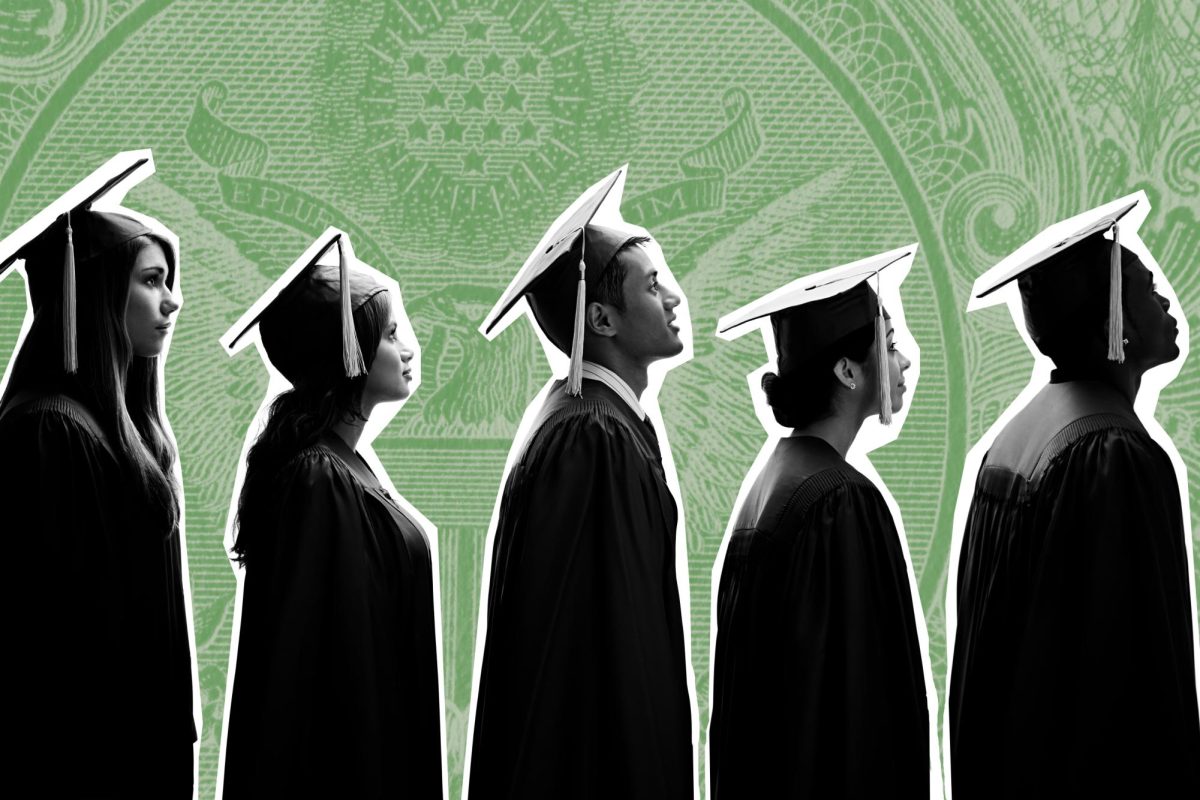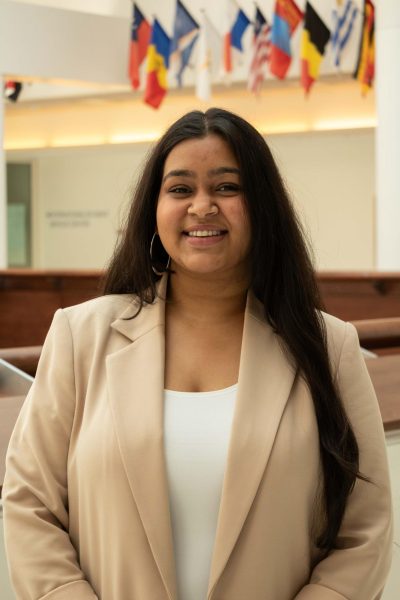EQUITY NYC studied graduation rates and found that the percentage of college enrollees was lower in 2021 than in any other year since 2007. There must be changes made in the American education system to combat the rising number of recent high school graduates who intend to pursue something other than higher education through college.
Despite the lower number of applicants, students have not completely abandoned plans after high school — they just aren’t reliant solely on college. Counselors are seeing a growing trend of students opting out of college and pursuing alternate career options.
Teenagers are rightfully moving away from the usual singular focus on college and adopting being inclusive of other pathways like trade schools or apprenticeships.
The Department of Education’s approach to post-graduate plans has welcomed a shift in terminology, encouraging students to see their post-graduation plans beyond college lectures.
They used to promote their program “College Access for All” which was a noble effort but alienated students who didn’t see college in their future. The department has now expanded to use language prioritizing different pathways and focusing on “career-connected learning.”
Educators across institutions must implement new methods of promoting education to support students in their post-graduate plans and increase the number of college enrollees.
The road to college readiness starts within high school, which is why importance is given to college readiness initiatives like Advanced Placement courses and CUNY College Now.
In the city’s efforts to increase the number of college applications, they are pushing for programs that fund college advisement staff training and launching summer programs to help students graduate, like Bridge to College.
These programs help promote the benefits of receiving a traditional college degree, but alternative routes should be considered too.
Counselors have admitted to having concerns with non-college pathways mainly because of the cutthroat job market. Many jobs posted within the city require a bachelor’s degree, making it harder for those not attending college to land a decent job.
Despite counselors’ valid concerns, students are exploring alternative routes for a number of reasons.
The online learning curriculum popularized during the pandemic had a significant impact on a students’ attention span and ability to retain information. This in turn has made students anxious about in-person learning and being introduced to a new college reality.
Additionally, students frequently raised social and economic concerns about attending college in post-COVID-19 times. The popularity of social media influencers on Instagram and TikTok has convinced many students to seek other methods of earning that don’t rely on obtaining a college degree.
The job transparency from online creators, has given individuals a look at the economic standings of different industries, therefore making specific jobs that don’t require a degree more appealing.
The pandemic has also left students worrying about finances and not wanting to be in debt at the end of their college career. The state of the economy has made attending college even more expensive, forcing prospective enrollees to weigh their options. Some students are even looking to start earning right out of high school as more avenues of income are becoming available.
There is a growing belief that spending four years to obtain a degree is time that could be better spent in gaining practical experience. The shift underscores the increasing importance of working experience that isn’t always attainable in college.
Despite these challenges, city efforts are underway and counselors are working tirelessly to create opportunities for students regardless of their decision to attend college.







